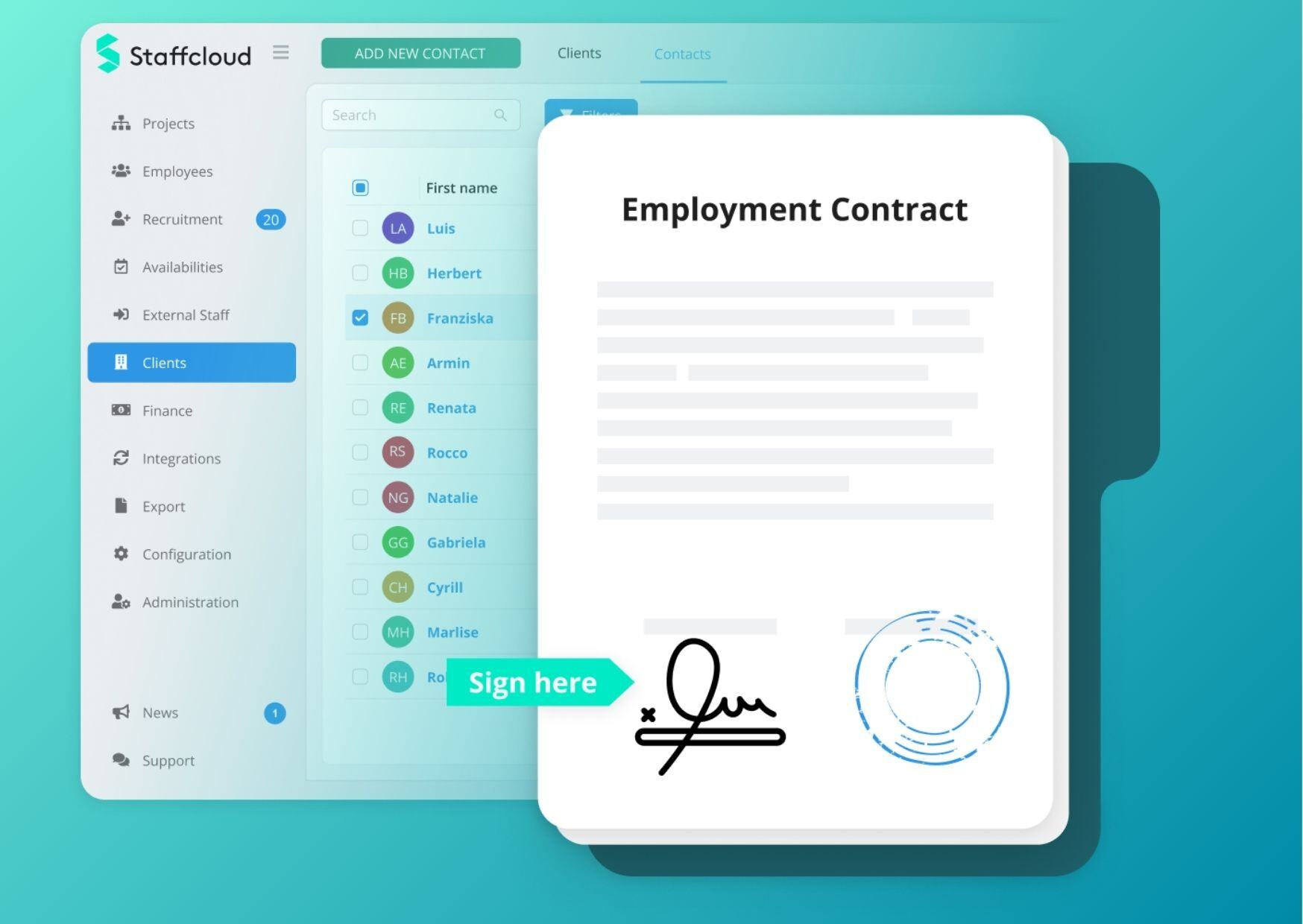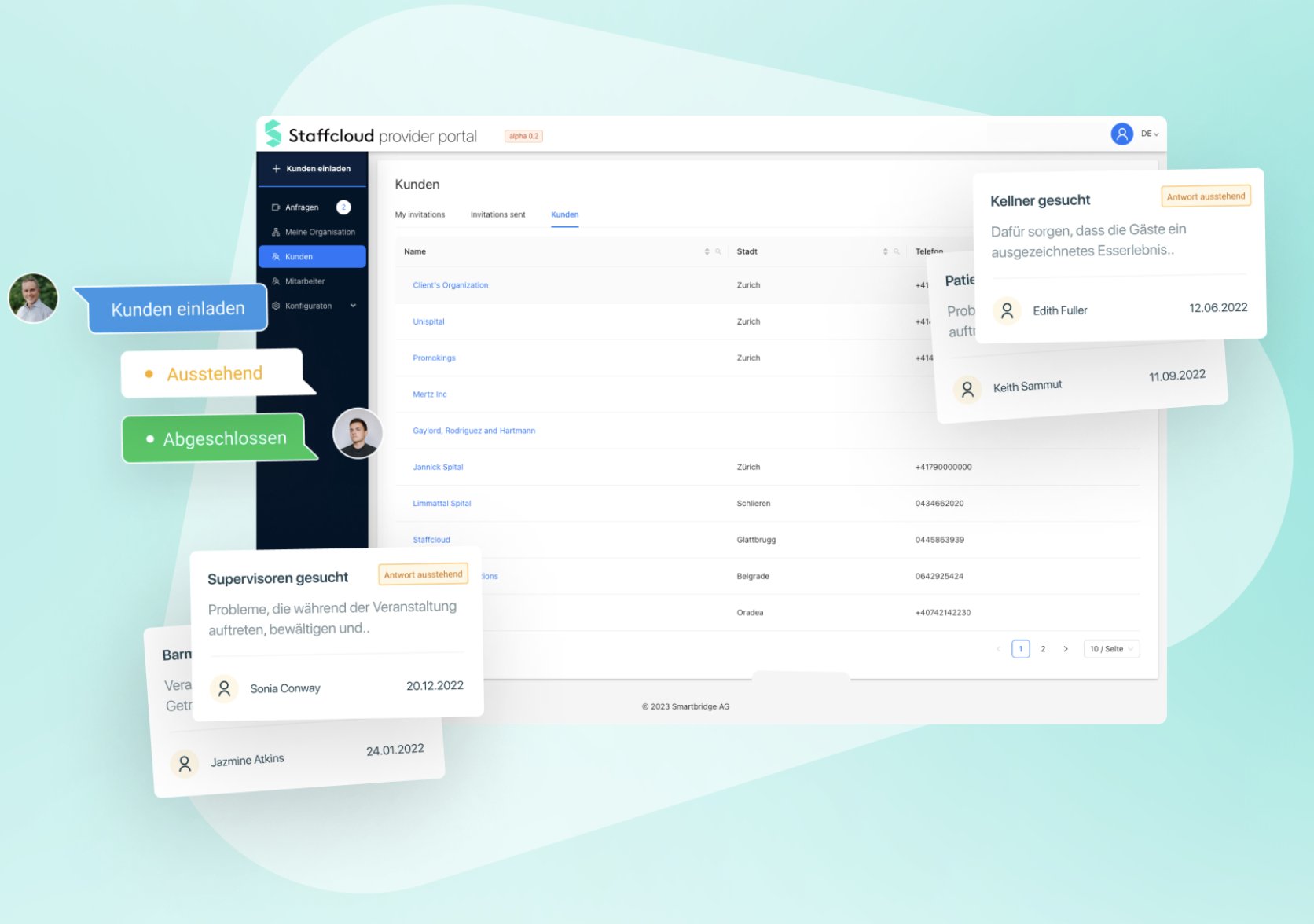Undoubtedly, the COVID-19 pandemic has irreversibly changed the hospitality industry. With customers looking for in-home alternatives and staff choosing other lines of work, its impact continues to be felt. However, some of the recent labour market changes can be advantageous to employers.
Changing Customer Behaviour Leads to Lower Sales
The pandemic has left its mark on the service industry
The coronavirus pandemic lead to restaurant closures and restrictions, which meant that many customers turned to cooking at home (potentially with the help of a meal kit service) or having takeaway meals. These behavioural changes, developed as a substitute for meals out, have turned into lasting alternatives that foodservice venues now have to compete with when it comes to attracting customers.
Eating and cooking at home continues to be on trend
At the end of the pandemic, customers returned to food and drink venues, but as the cost of living has soared, the appeal of restaurant visits has declined again. Many people have instead opted for alternatives such as meal kits (shown by the continuous growth of meal kit delivery services in the UK), which, while not entirely doing away with cooking from scratch, offer a sense of luxury at a lower price point than restaurant or takeaway meals.
The fact that such kits also offer home cooks the opportunity to discover new dishes, which they might not ordinarily prepare themselves, further dampens the desire for a restaurant visit. Sales in the hospitality industry mirror this trend and remain 20% below their 2019 level when accounting for inflation.
Staff Shortages in Hospitality Contribute to Lower Customer Numbers
Customers expect the whole package
Of course, a restaurant visit is not just about the food itself. It often represents a special occasion or treat, which means that aside from excellent food, customers expect great ambience and good service. Restaurants which excel in these areas or can offer a distinctive experience will therefore continue to see footfall.
Service level is hard to maintain
Many hospitality venues have been suffering from continuous staff shortages, which has a huge impact on all aspects of the dining experience. This means that a well-rounded evening with quick service and a versatile menu can no longer be provided by many restaurants.
As the latest data from the ONS revealed, vacancies in the hospitality industry are up compared to their pre-pandemic level. Meanwhile, the proposed changes to earning thresholds for skilled worker immigration to the UK will likely further aggravate the situation.
Labour Market Changes - A Key Contributor to Staff Shortages in Hospitality
Hospitality has lost its appeal
The pandemic-related closures prompted many hospitality workers to change industries. In addition, the sector has a reputation for long hours and low pay, making it a less appealing choice for potential staff members. Particularly those job-seekers who are looking for a full-time position might consider other lines of work or even opt for short-term, flexible arrangements instead. This is a big contributor to staff shortages in hospitality.
Workers want more freedom
While the sector already utilises flexible arrangements with temp staff to fill gaps and alleviate staff shortages, the labour market for these workers has undergone stark changes in recent years. The rise of the gig economy has changed their outlook, as they are now used to arranging their own working hours to suit their lives. A job in hospitality usually does not afford them this kind of freedom, even if modern software solutions would allow for these types of arrangements in any industry.

Staff shortages lead to fewer customers.
How to Become an Attractive Employer in the Hospitality Industry in 2024
Employers push for legislative change
In general, the hospitality sector is looking to skill up their workers. For example, the industry is calling on the government to reform the apprenticeship levy, allowing for 25% of funds to be used for non-apprenticeship training, and to widen the scope of current skill-up pilot projects.
However, any legislative changes will likely take time, while the situation likely worsens. In addition, industry leaders are critical of the proposed immigration policy changes, which will once again make it harder to recruit from abroad.
What changes can hospitality venues make now?
Aside from higher wages, which might be difficult to implement in the current climate, there are other ways for hospitality venues to attract talent. The following two points can play an important role:
-
More autonomy for workers
Hospitality venues can benefit from the current labour market changes by giving their staff more freedom. A recent research study suggests that many employees prioritise being able to manage aspects of their work, such as annual leave, work times and shifts, over higher salaries.
-
Stronger reliance on flexible temp staff
Meanwhile, employers should try to rely less on filling permanent positions and more on working with temp staff to alleviate staff shortages instead. Though this might seem more unpredictable, it does not have to be. Especially if venues can build their own employee pool rather than working with temp staff agencies, they are in a good position to fulfil their personnel needs - both day-to-day and on an ad-hoc basis.
How to Make It Happen
Reduce admin to a minimum
These measures may sound like a huge administrative burden, but they do not have to be. On the contrary, with the help of the right software tool, they can actually reduce admin and ensure that shift planning and staff scheduling in hospitality are a veritable piece of cake. A suitable software solution should offer an overview of staff availabilities, their accepted shifts and the remaining open assignments. At the same time, it should integrate employee communication and staff management, as well as exports for payroll accounting.
Our experience shows: personnel scheduling software increases employee satisfaction
In our long-standing collaboration with foodservice venues and caterers, personnel scheduling software has proven itself time and again as a way to improve working conditions and increase satisfaction both for on-site staff and administrators.
Would you like to find out more about how a software tool can help you strengthen your appeal as an employer in the hospitality sector?








